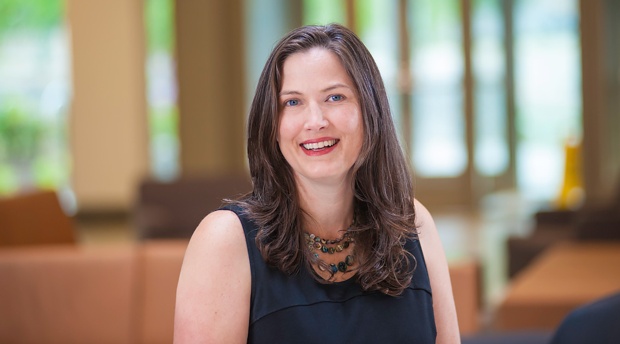Professor Lindsay Wiley Addresses States’ Role in Medicaid for All in New Journal Article
February 12, 2019

In a new article published in the Winter edition of the Ohio State Law Journal, Professor Lindsay Wiley, director of American University Washington College of Law’s Health Law and Policy Program, discusses how states are able to pioneer the push for single-payer, universal health care by expanding Medicaid to benefit residents.
The study “Medicaid for All?: State-Level Single-Payer Health Care,” highlighted in a recent feature on Pacific Standard, argues that while true universal Medicaid coverage will be dependent on support from the federal government, states have the legal authority to expand access to the program under current Medicaid statutes.
The article describes three strategies some state governments are exploring in an effort to achieve universal access to health care: maximizing eligibility for the existing Medicaid program using matching federal funds; taking up the mantle of Obamacare by adopting state-level replacements for provisions that federal lawmakers repeal, subsidizing and regulating the price of private insurance, and making more affordable coverage available for purchase on state-run health insurance exchanges; and adopting a state-level public option or single-payer health care system.
“From a public health standpoint, I’m supportive of state-level reforms because states have primary responsibility for the social and environmental factors that play a far greater role than health care in driving population-level health – things like early childhood education, safe and supportive housing, food security, water quality, and smoke-free environments,” Wiley said. “I’m a cheerleader for treating access to health care as one among many structural determinants of health. I think integration of health care policy with public health and social safety net policies is more likely to be successful at the state than at the federal level.”
Wiley does note, however, that she believe state-controlled Medicaid “could exacerbate geographic disparities in health.”
“Medicaid already varies enormously from place to place and many of our country’s most vulnerable residents live in states that fail to provide adequate support,” she said.
Read Wiley’s full article here.